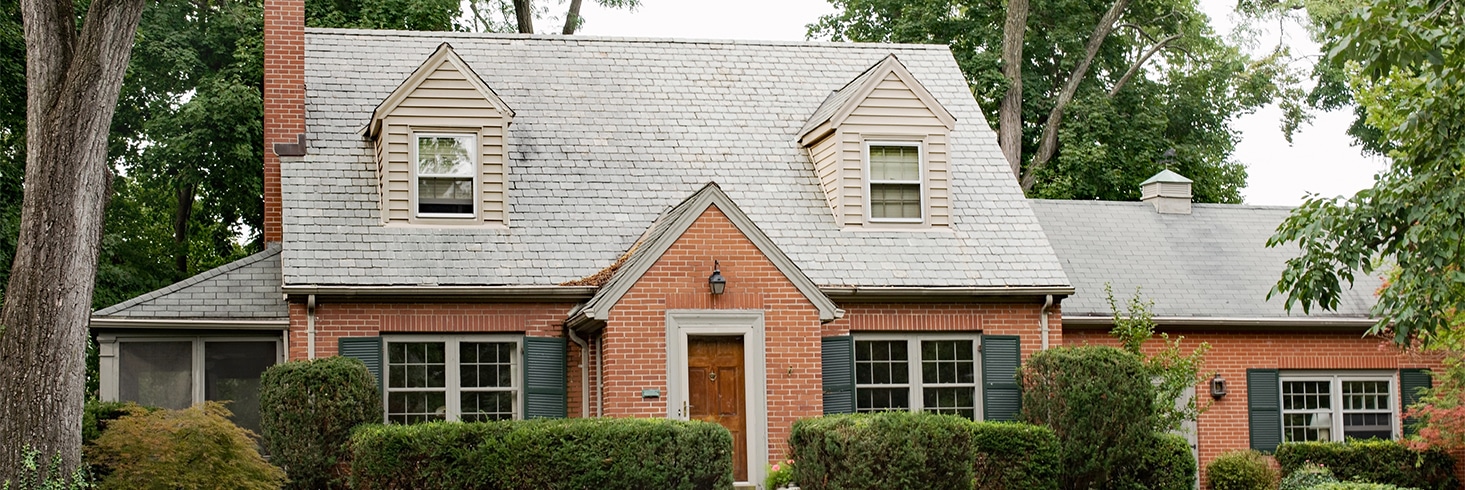
How to Buy a Foreclosure in Michigan
If you’re looking for a more affordable path to becoming a homeowner, purchasing a foreclosure might be for you. From uncovering the process and strategies to understanding the risks, it’s important to explore the realm of foreclosures before diving in, so you can make informed decisions before making any commitments.
How to Find Foreclosed Homes for Sale in Michigan?
To find foreclosed homes in Michigan, start by combing through online databases, local real estate listings, and foreclosure auction websites. Consult with real estate agents who specialize in foreclosed properties, and consider attending foreclosure auctions. You can also contact a local lender or a government agency, such as the Department of Housing and Urban Development (HUD), for information on available foreclosed properties.
Real Estate Websites
Just as you can search for standard listings on real estate websites, you can also use those sites to search for foreclosures. Some of the biggest websites to check out include MLS, Zillow, Realtor.com, Homes.com, and Redfin.
Local Real Estate Agents
Real estate agents often have access to exclusive listings, including foreclosed properties not publicly advertised, so if you’re looking for foreclosures in your area and you want to get serious about your search, an agent might be worth contacting. These agents have dialed-in knowledge of local markets, so they can help you identify the best opportunities and avoid potential pitfalls. Plus, when it comes time to move forward with the purchase, their expertise in negotiating deals and handling paperwork streamlines the process, ensuring you secure the best possible deal on a foreclosure property tailored to your needs and budget.
Foreclosure Auction Websites
If you’re looking for foreclosure listings in Michigan, you can try searching foreclosure auction websites. To bid, you’ll need an account and you’ll want to define your budget before engaging in bidding, and be sure to track the bids placed on the property you’re interested in so you can stay in the running for purchasing.
HUD Homes
HUD homes in Michigan can be an attractive option when looking to buy a foreclosure. These properties are formerly federally-insured homes that have been foreclosed upon and are up for resale by the U.S. Department of Housing and Urban Development (HUD). These listings often come with favorable financing options and competitive pricing. To explore HUD homes in Michigan, visit the HUD website or consult with local real estate agents familiar with HUD properties. Keep in mind that HUD homes may require some repairs and have specific purchasing procedures, but they can present a valuable opportunity for homebuyers looking for affordable foreclosure options in the state.
What Types of Foreclosures Are There?
Before diving into the process of purchasing a foreclosure, it can be helpful to understand the different types of foreclosure in Michigan: judicial foreclosure and foreclosure by advertisement.
Foreclosure by Advertisement
Foreclosure by advertisement is an approach to the foreclosure process that foregoes the court system. This is the most common type of foreclosure in Michigan. If the home loan is at least 120 days past due, a foreclosure action for a second mortgage is being joined, or the borrower violates a due-on-sale clause, the lender can move to foreclose the property. The process typically involves the lender providing notice to the borrower and publishing foreclosure notices in local newspapers (yes, newspapers. It is required by Michigan law). The Notice of Sale must be published once a week during a four-week period in a newspaper that circulates in the county of the foreclosed property. The same notice must be posted on the property itself at least 15 days after the first Notice of Sale is published in the newspaper. Once the notice is posted, If the borrower doesn’t cure the default or redeem the property within the specified timeframe, the property is sold at a public auction.
Judicial Foreclosure
In some cases, albeit rare, lenders may choose to pursue a judicial foreclosure. This involves filing a lawsuit against the borrower in court, and if the court grants a foreclosure judgment, the property is sold at a public auction to satisfy the debt.
What Financing Options Do Michigan Home Buyers Have to Buy a Foreclosed Home?
Financing a foreclosure doesn’t have to be complicated. Michigan home buyers have several financing options to consider. These include Conventional Mortgages, Federal Housing Administration (FHA) Loans, and Veterans Affairs (VA) Loans. Conventional Mortgages are suitable for buyers with strong credit and typically require a higher down payment. FHA Loans offer more lenient credit requirements and lower down payment options. VA Loans are exclusively available to eligible Veterans and offer favorable terms, including no down payment in many cases. Additionally, some buyers may explore Renovation Loans which can help finance both the purchase and necessary repairs that are often common with a foreclosure.
What Are the Risks of Buying a Foreclosed Home?
First and foremost, foreclosures are typically sold “as-is,” meaning they may require minimal to extensive repairs or have hidden issues that could be costly to address. Because the foreclosure process is often put into place once a homeowner has missed several mortgage payments, it isn’t uncommon for the homeowner to have also neglected maintenance to the property, which could lead to unforeseen problems. Foreclosures also often come with a lack of property history, making it challenging to assess the extent of any existing issues. The purchasing process can also sometimes be more complex and time-consuming, involving legal hurdles. Buyers should also be prepared for potential competition in the market and the risk of the property being auctioned for a higher price than expected.
Who Are the Best Buyers for Foreclosed Homes?
Real estate investors who are experienced in property renovation and have the financial resources to address potential issues are often well-suited for foreclosures. They can capitalize on these properties’ potential to latch on to significant returns.
Buyers with a flexible timeline and the ability and willingness to invest time and effort toward property improvements can also benefit from foreclosures. Ultimately, the best buyers for foreclosed homes are those who understand the associated risks, possess the necessary financial resources, and are prepared for the unique challenges these properties sometimes present.
When’s the Best Time to Find a Foreclosed Home to Buy?
Truthfully, there is no perfect time to act on a foreclosure purchase. The best time to find a foreclosure to buy can vary, but opportunities do often arise during economic downturns when mortgage defaults increase. Additionally, the late winter and early spring months can be favorable as many homeowners, facing financial difficulties, are unable to make payments after holiday expenses. Foreclosure listings may also increase towards the end of the month, coinciding with mortgage payment due dates. Keeping a close eye on market trends, staying in touch with real estate professionals, and monitoring foreclosure auction schedules can help potential buyers identify the right timing to find a foreclosure property that suits their needs and budget.
How to Get the Right Mortgage for Buying Your Home
Before securing a mortgage to buy your foreclosure, assess your financial situation and credit score to understand what loan options you qualify for. Since foreclosures often require renovation, you may want to explore Renovation Loans, which can include funds for both the purchase and necessary repairs. Of course, our team of experienced lenders can help you find the right mortgage option and can work with you to get your pre-approval secured.
Subject to credit approval, not all borrowers may qualify. All information is for educational and illustrative purposes only. Not a commitment to lend, and not financial advice. Not affiliated with or endorsed by any government institution. Please contact us for eligibility and quotes.
A more affordable path to becoming a homeowner.

